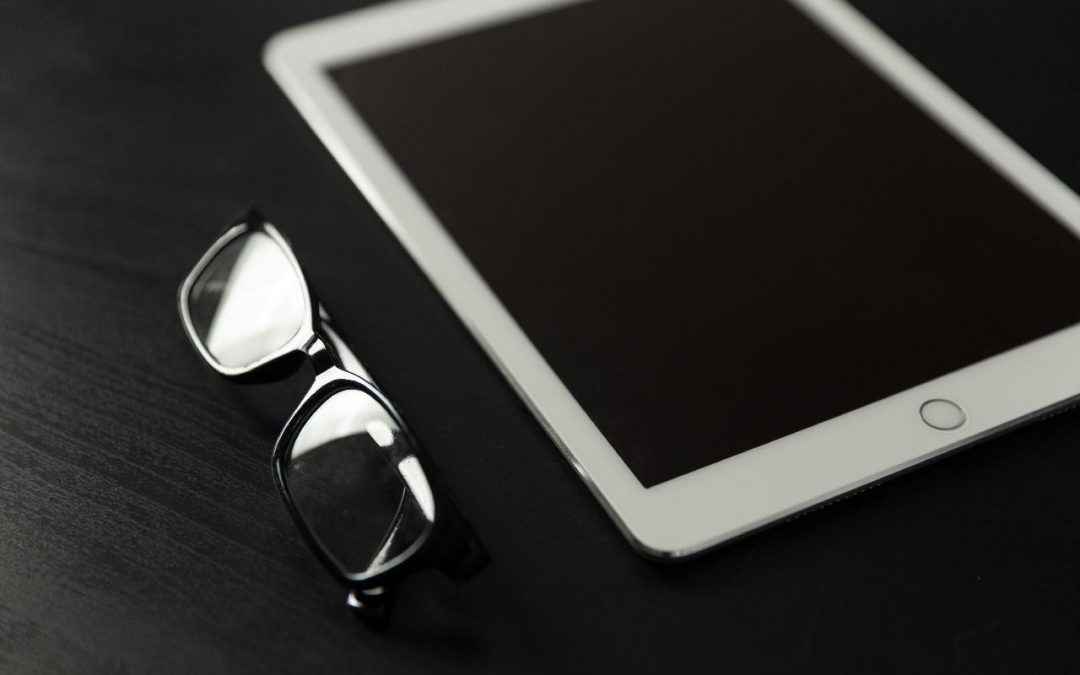Should your iPad replace your Paper Planner? For me the answer is no. An electronic beep will tell you when to leave for an appointment. An automated email message will remind you to buy your spouse a birthday card. No need to learn anything– just Google it. Don’t worry about friends; Facebook will provide them. You don’t even have to plan what to do next; incoming text messages, cell phone calls or text messages will give you your next assignment. Just focus on improving your reaction time for maximum efficiency.
Long ago we started outsourcing tasks. Years ago we started outsourcing our memories. No need to think anymore; we have technology – and the brains behind it – to do that for us. Oops, technology just corrected a spelling mistake for me. How nice.
It may seem inconvenient having to carry that iPhone, iPad or BlackBerry with you everywhere you go, including the bedroom and bathroom; but be patient. Before you know it the technology will be implanted in your brain for a nominal fee. And if you’re still young, you may live to have your brain uploaded to a computer.
Some people see me as an anachronism with my paper planner. They must feel that we are both becoming obsolete. But technology writer Danny O’Brien interviewed top achievers and found one thing in common that may account for their increased productivity. They all used some sort low-tech tool, such as a written “To Do” list or even a plain paper pad.
I feel in control of my life with a pen in hand, scheduling what I want to do, making appointments with those I want to spend time with, writing down my dreams in the form of goals, and reviewing my personal policies and values. Maybe I’m selfish turning off my cell phone, ignoring my email and letting my phone calls go to voice mail while I carve out a life for myself. But somehow being at the beck and call of electronic gadgets 24/7 makes me feel less than human. Perhaps that’s what the scientific community has in store for me.
iPhone, iPads, BlackBerrys and a new generation of smartphones are not planners, they are computers. They are activity-oriented, not planning-oriented. They don’t reflect the personality, style or uniqueness of their users. They don’t cater to the idiosyncrasies that make us human. I like to color code. I like to see what I scratched out. I like to flip real paper pages to quickly review what I currently consider important in the weeks ahead. I have a strange affinity to self-adhesive labels, sticky notes and old-fashioned handwriting. The crossed-off items give me a feeling of accomplishment. And as I get older I even like to thumb through planners from past years, reminiscing about old times, recalling old friends and reliving old memories.
Read a few books like Ray Kurzweil’s The Singularity is Near and you will realize that technology and humanity are merging – that science and technology will someday manage our human biology, not just our cell phones. Molecular nanotechnologies and other tools will allow us to enhance our intellectual and physical powers beyond imagination. Okay, so we’ll be part machine; but can you imagine the possibilities?
Not only are my paper planners a dying commodity, we may be a dying breed as well. Not only are we currently inserting technologies into human brains, some scientists can foresee inserting human brains into technology. Technology has always been a double-edged sword to be handled with care.
Having said all that, I am looking forward to opening my new 2015 Taylor Planner and start to personalize it, complete with my handwritten name and address on the inside front page. I will then copy over my personal mission statement from the previous year and pen my revised policies and goals for 2015 – all without the aid of an iPad. After that, I will write a reminder to myself for the first new week in a new year to publish my book on holistic time management, which puts a healthy body, mind and spirit on the priority list ahead of efficiency.


Recent Comments